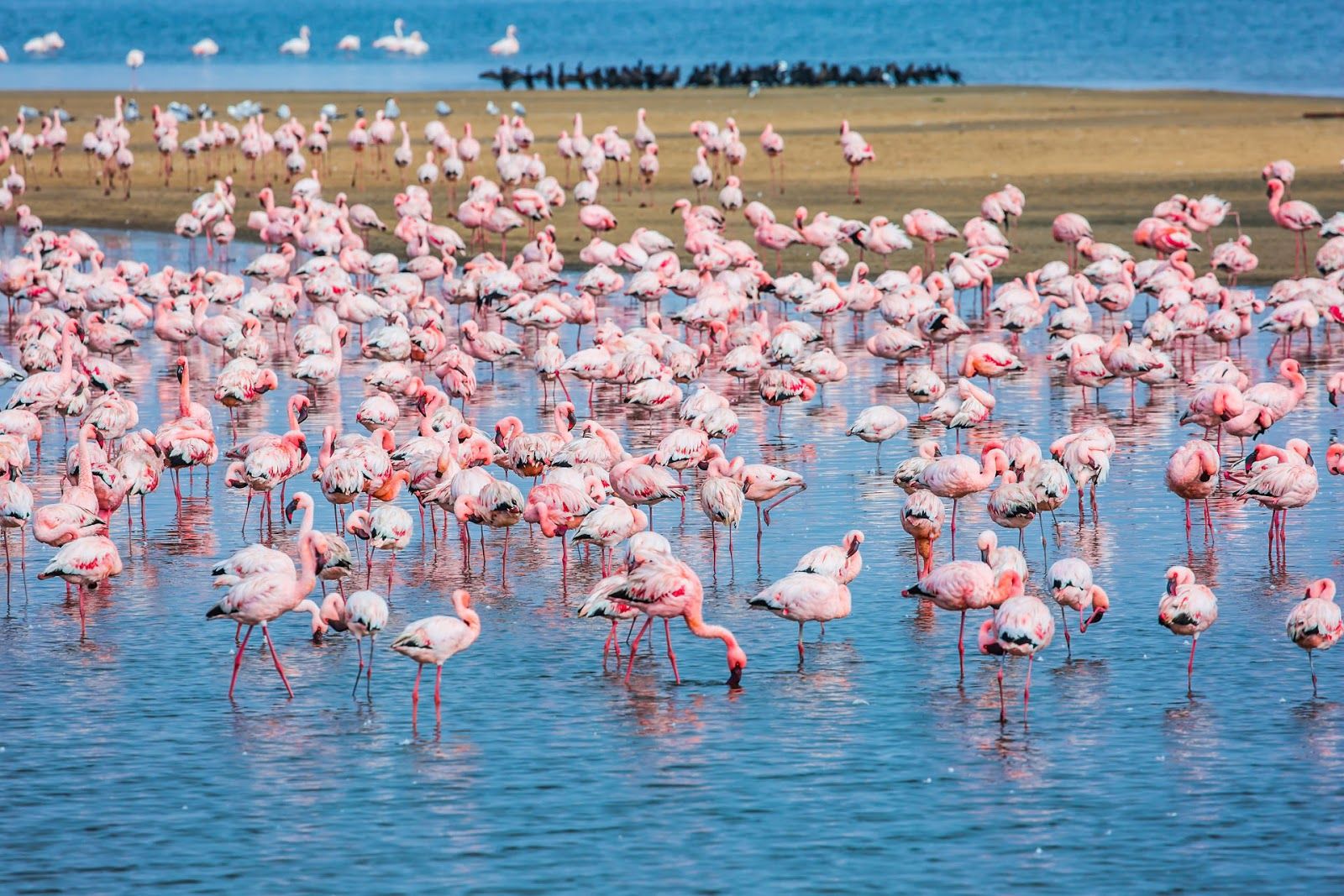8. Shop for Namibian crafts in Okahandja
Namibia is home to a vibrant arts and crafts scene, with many artisans creating beautiful handmade products using local materials, and Okahandja often hailed the country's craft capital.
It’s particularly noted for its bustling woodcarvers’ market located along the main road.
Here, skilled artisans from across the country sell hand-carved masks, bowls, sculptures, jewelry, and traditional crafts.
Only 70 km from Windhoek, Okahandja is an ideal stop for travelers heading north to Etosha, Damaraland, or Swakopmund.
While here, you can also visit the Von Bach Dam for birdwatching, picnicking and fishing, and explore Okahandja’s historical cemetery, which includes German colonial graves.
How to get to Okahandja
From Windhoek, drive 70km north via the B1 highway.
In addition, long-distance buses and minibuses often stop at Okahandja en route to northern towns.
Ask for stops at the Craft Market, which is located on the southern side of town.
When to visit Okahandja
The cool, pleasant weather of the May to October season are ideal for browsing open-air markets and walking around town.
Late-August offers the bonus of Herero Day, which commemorates Herero chiefs through parades and ceremonies.




















